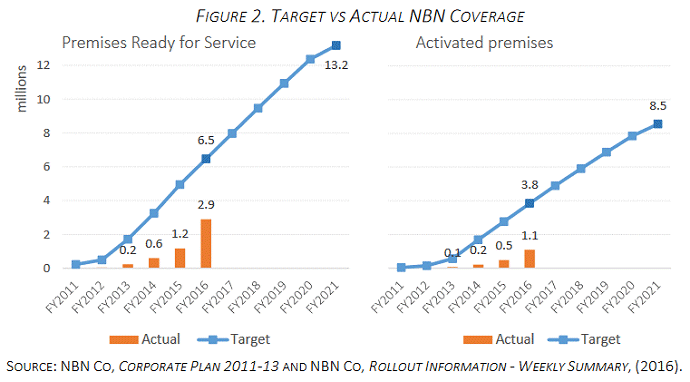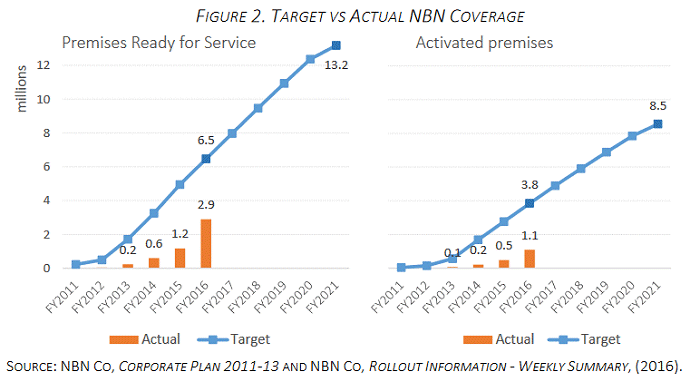A study out of the United States regarding Australia's National Broadband Network has been less than complimentary of the NBN.
Published earlier this month by the Technology Policy Institute*, the report states NBN implementation coverage and adoption rates had slowed for fixed broadband.

Additionally, what infrastructure we do have in place in this country lags behind much the world - and is expensive.
"Australians continue to experience low quality services due to low speeds, higher prices relative to other countries and a slowing rate of price decrease for internet services in the past eight years," state the authors.
The report states availability and adoption in Australia compared to other nations before and after the NBN rollout commenced suggests Australia has been worse off under it. In 2019, we were ranked no.19 across the OECD for fixed broadband penetration. By 2024, Australia ranked 24th. As for speed, last year Australia ranked second to last in the OECD.
The authors say the proportion of Australian users with access to high speed broadband has not improved since 2007.
While that is starting to change thanks to the arrival of innovative non-NBN broadband services; Australia's experience may be a lesson for other countries in what not to do.
"The Australian case reveals how state owned broadband might not be the best answer to meet full coverage and competition objectives," state the report's authors.
"The NBN is an example of an intrusive policy subject to political pressures that has resulted in inefficiencies that distort consumer patterns and investment decisions without changing the competitive landscape."
The paper. "The End Of Australia's National Broadband Network?," can be viewed in full here (PDF).
Some of the statistics and such in the report are a little dated; so let's take a quick look at more current figures from Akamai regarding speeds in Australia.
Late last year we mentioned Australia ranked 46 in the world for average Mbps (megabits per second). In Akamai's most recent State of the Internet report (Q1, 2016 - PDF), while Australia had experienced a 15% improvement in average Mbps; we had slipped yet again compared to the rest of the world - ranking 48th.
According to Akamai, Australia also had the smallest gains (6.8%) in peak connection speeds. In terms of peak connection speed rankings, Australia sat at no. 56
Australia simply isn't keeping up - and this could make or break the nation in the global broadband economy. In June, the Australian Information Industry Association said that without appropriate infrastructure in place, our ability to leverage emerging technology such as the Internet of Things (IoT) will be limited.
In April, Internet Australia’s Chief Executive said the NBN was already out of date.
*The views expressed in the paper are those of the authors, Lucia Gamboa Sorensen and Andrew Medina, only and are not necessarily indicative of the Technology Policy Institute.



